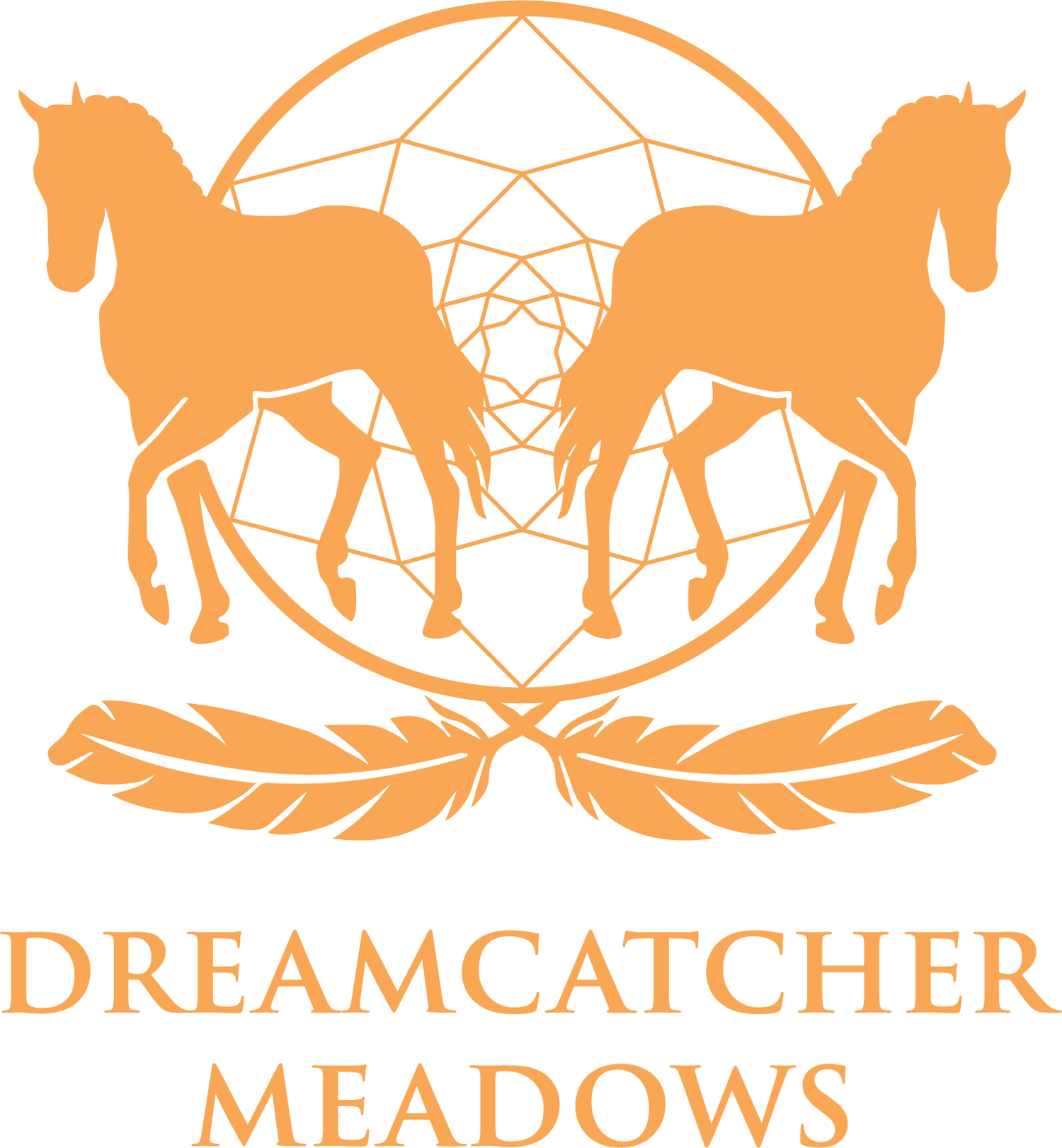World of Horse Breeding in Pemberton BC
Dreamcatcher Meadows producing horses with top bloodlines
Written by Claire Piech and originally published in The Pique in August 2007. The original can be read HERE.
LIVING THE DREAM Young foal runs with mother at Dreamcatcher Meadows.
For evidence that we are living in a scientific age, look no further than the recent births of five foals on Dreamcatcher Meadows in Pemberton last month.
This unusual phenomenon — where all foals were born within three weeks of each other — is the result of two novel techniques, known as embryo transfer and artificial insemination.
“You have got a mixture of embryo transfer births and natural births at Dreamcatcher. But all of the pregnancies have been done by artificial insemination, because horse breeding is pretty violent,” said breeder Jill Giese.
Because of the synthetic techniques used, the new foals are considered first-class horses with exceptional bloodlines. In fact, they are recent descendants of a top German racehorse who has never set foot in Canada.
“They are stunning. We’ve got a real variety. We’ve got a black colt with four white socks, which is very desirable. We’ve called him Rollo. We have a chestnut filly. And one has been called Desire. And then we’ve got Dresden, also a chestnut filly. Her mother is grey,” said Giese.
And while artificial insemination and embryo transfer may sound like phrases out of a sci-fi film, the techniques are actually becoming relatively common in the horse-breeding world.
In fact, top breeders worldwide are turning to these techniques to eliminate some of the problems associated with naturally breeding horses. These problems include a high risk of injury, as mating can be violent, as well as having to take a valuable mare out of the competition circuit during her pregnancy.
“You would only want to do it if you had an exceptional animal to breed, because first of all, it is not a guaranteed thing, and second of all, it is a relatively expensive process,” added Giese.
The process of embryo transfer starts at $25,000, and goes up from there.
Originally from Calgary, Giese and her husband, John Dingle, moved to Pemberton three years ago to set up shop as a dressage and horse-breeding ranch, after 18 years working with horses in England and Germany.
Her decision to breed horses in Pemberton using synthetic techniques came about after realizing that there was a real lack of top bloodline horses in Canada.
“The big weakness in our horse discipline isn’t our riders. It’s the lack of top sport horses. So what we are looking to do is produce from our own gene pool here, and we are going to continue to bring animals back,” said Giese.
“This is the second year now we are doing it commercial for other people and that is the nice thing. It’s a new business for this community, we’ve had horses sent up from Vancouver and we’ve got them pregnant and we’re offering those various services. And of course we are offering our own stallions now,” said Giese.
She added that Dreamcatcher Meadows has made a large effort to contribute to the Pemberton community.
“We have hired everybody locally, we’ve bought everything locally, we’ve made a real point of putting back into the community,” said Giese.
“And I think that now that we’ve been around for two to three years, people see that we’re actually contributing. You know, we are drawing people to the area. People come here to stay and train, and there is a lot of spin off business,” she said.
And there appears to be no shortage of demand for the newborn foals running around Dreamcatcher Meadows, with all but one of the five foals already sold.
“Two were sold before they even hit the ground, they were sold in-utero, because we are dealing with top international bloodlines here,” said Giese.
She added that the foals will remain at Dreamcatcher Meadows with their surrogate mothers for six months before leaving to their new homes.
-end-

